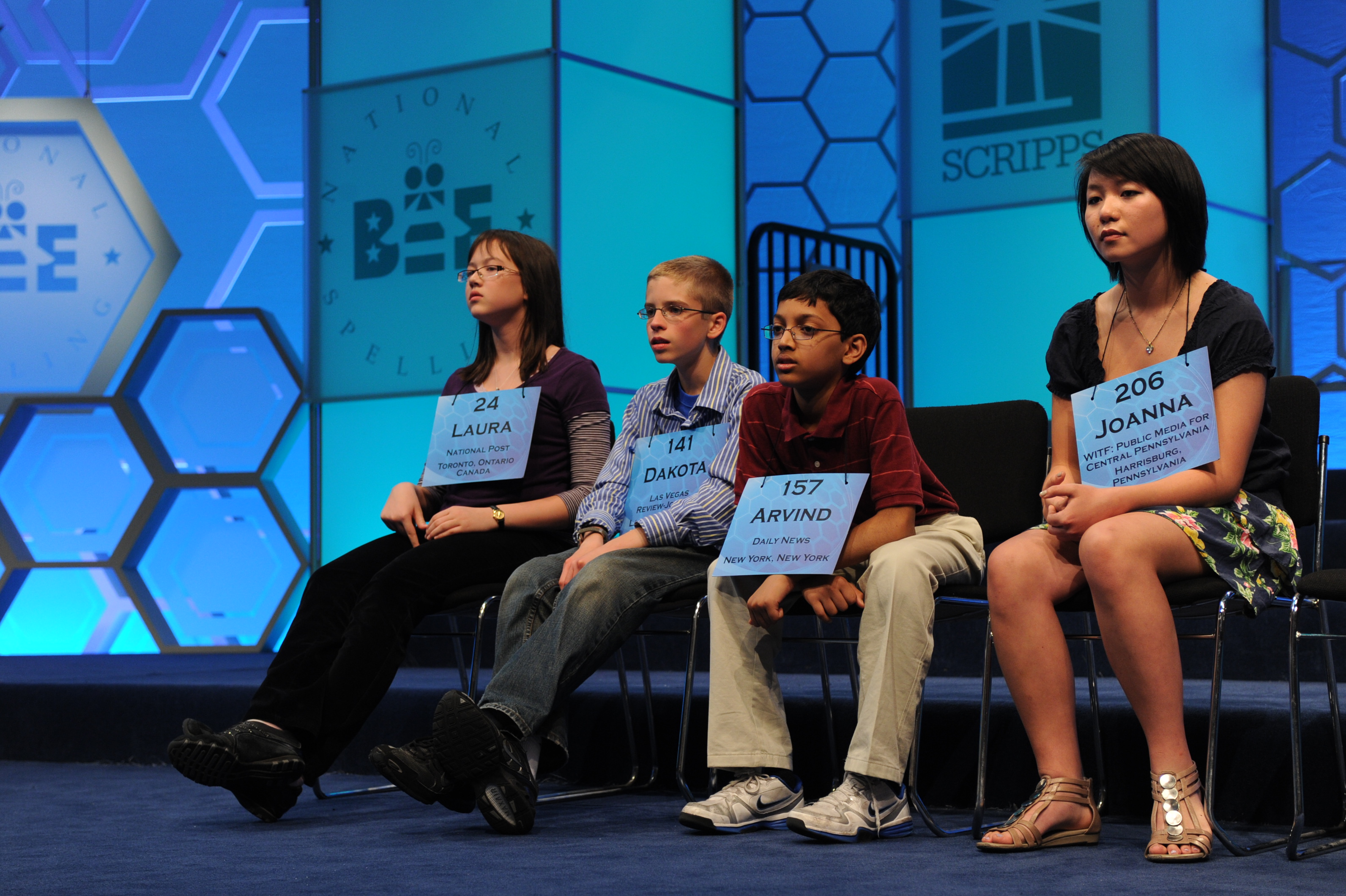
Siege of Warsaw by German forces in September of 1939. A Polish family performs their daily chores amidst the remnants of their household furnishings that they have reassembled outside the charred ruins of their home in Warsaw. (Photo credit: Wikipedia)
Family chores can be a hassle. When parents don’t have a plan, discussions about whose turn is it to sweep the front step, walk the dog or take out the recycling can become a good, long negotiation; sometimes even an argument. Who’s got time for that?
Parents who don’t expect kids to participate in household chores are not doing those kids any favors. Think about it. Are they training kids to expect maid service or helping them to embrace their role as fully vested family members who make vital contributions to the daily operation of the home?
If you first focus on the attention and consistency of the effort (rather than the quality of the dusting) you’ll be pleased with the results. Almost any household task can become a building block for personal accountability.
And a child who grows up knowing how to take responsibility for him or herself has a big head start as a grown-up!



